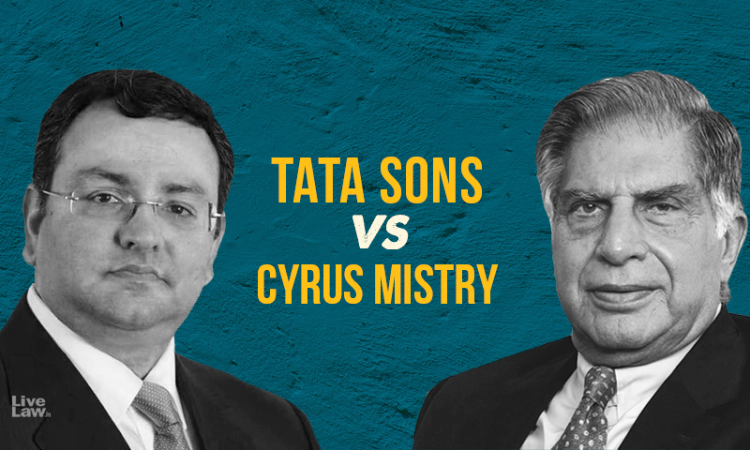Next Story
4 Jan 2020 3:34 PM IST
The board room battles in Tata Sons Ltd have now become a high profile court room battle with the Supreme Court being moved against the National Company Law Appellate Tribunal's decision reinstating Cyrus Mistry as Executive Chairman of the company.Here is a brief explainer about the background of the dispute and the reasons which weighed with the NCLAT.ChronologyDecember 2012 : Cyrus Mistry...

